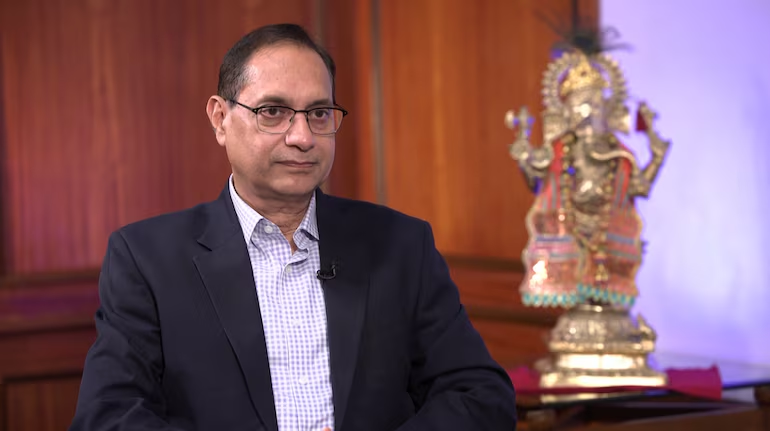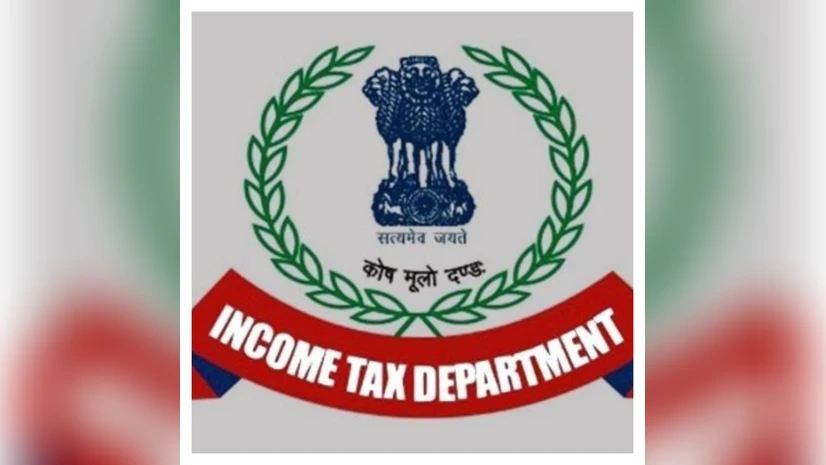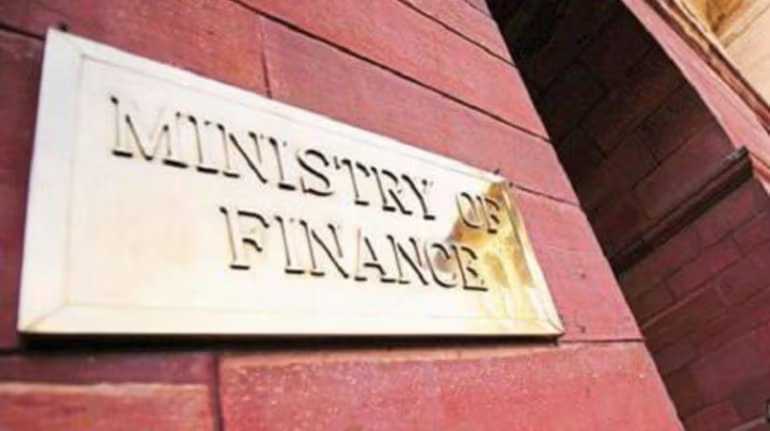Share

The regulator may clear proposal of easing stake dilution norms for very large companies by allowing smaller initial offerings and longer timelines to meet MPS rules. Market regulator Securities and Exchange Board of India (SEBI) may clear major proposals related to “Ease of Doing Business” in its board meeting scheduled on September 12. According to sources, the key proposals may include easing stake dilution for mega initial public offerings (IPOs), expanding rating agency activities, revamping RTA and broker rules, granting equity status to REITs, InvITs, introducing accredited investor AIF schemes and strengthening exchange governance as well as easing norms for investment advisors and research analysts.
The details of the proposals are here:
Less stake dilution in mega IPOs:
The regulator’s board may clear proposal of easing stake dilution norms for very large companies by allowing smaller initial offerings and longer timelines to meet minimum public shareholding (MPS) rules. Sources said, the move aims to reduce immediate pressure on issuers while ensuring gradual compliance. For IPOs with post-issue market cap of Rs 50,000–1,00,000 crores, the minimum issue will be Rs 1,000 crores plus 8%, with 25% MPS in 5 years instead of 3. For companies worth Rs 100,000–Rs 500,000 crores, the requirement will be Rs 6,250 crores plus 2.75%, with MPS deadlines extended up to 10 years depending on shareholding levels. Above Rs 500,000 crores, dilution will be Rs 15,000 crores plus 1%, subject to at least 2.5%. The board may also clear the proposal of changes in the anchor investor allocation rules in IPOs to encourage participation from large investors and make the process easier. Sources said, the number of anchor allottees for IPOs sized Rs 250–500 crores is proposed to rise from 25 to 30. Insurance companies and pension funds may be included alongside mutual funds in reserved anchor allocations, increasing the reserved portion from 33% to 40%. Mutual funds would retain 33%, with the remaining 7% for insurance and pension funds. Unsubscribed portions could revert to mutual funds, diversifying the investor base.
Materiality threshold for Related Party Transactions:
Sources said, regulator’s board may also discuss and approve a threshold-based framework to determine the materiality of related party transactions (RPTs). Linking the compliance burden with the turnover scale of listed entities. A new framework for related party transactions (RPTs) is expected to ease compliance while protecting minority shareholders. Proposal is linking RPT materiality thresholds to company turnover. Companies with turnover up to Rs 20,000 crores would treat transactions exceeding 10% of turnover as material. For turnover between Rs 20,001–40,000 crores, thresholds would be Rs 2,000 crores plus 5% of incremental turnover. For turnover above Rs 40,000 crores, the limit would be Rs 3,000 crores plus 2.5% of incremental turnover, capped at Rs 5,000 crores. Currently, LODR norms require shareholder approval for RPTs exceeding Rs 1,000 crores or 10% of turnover.
Expanding scope of work for Credit Rating Agencies:
Board may clear path for CRAs to rate financial instruments overseen by other financial sector regulators like RBI, IRDAI, PFRDA, IFSCA, MCA and IBBI, provided they comply with the respective regulator’s framework on eligibility, risk management, grievance redressal and enforcement. Sources said, this is part of easing business restrictions on regulated entities. To ensure segregation, such non-Sebi activities must be conducted through ring-fenced Separate Business Units (SBUs), with distinct staff, records and grievance mechanisms. Marketing material and rating reports for such services must carry disclaimers.
Equity classification for REITs and InvITs:
Sebi board may discuss the issue of granting equity classification to REITs and InvITs, which are currently treated as hybrid instruments blending debt and equity features. This will allow mutual funds to include these instruments in equity schemes, increasing retail investor access and boosting participation. Listed on stock exchanges, REITs and InvITs provide a combination of steady income and potential capital appreciation.
Review of Stock Broker Regulations:
Sources said, the Sebi board may also clear the revamped stock broker regulations, to align with evolving market practices. The changes focus on stronger governance, client protection and compliance. Key provisions include mandatory Sebi approval for any change in control, prompt disclosure of material changes and updated definitions for algorithmic trading, proprietary trading and clearing members, while deleting outdated terms like “small investor.” Criteria for Qualified Stock Brokers (QSBs) will rely on measurable metrics with stricter governance standards. The proposal also allows brokers access to Sebi-approved activities, alongside stronger client safeguards and bans on unauthorized schemes.
Review of Registrar and Share Transfer Agent Regulation:
According to sources, regulators board may approve activity-based regulations for Registrar and Transfer Agents (RTAs) to clearly separate their services for listed and unlisted companies. Sebi had noted that RTAs serve nearly 35,000 unlisted companies compared to only about 4,000 listed firms. To avoid overlap, Sebi is of the view that services related to listed companies remain under its purview, while those for unlisted companies fall under the Ministry of Corporate Affairs (MCA). RTAs will also need to ring-fence operations to maintain clear regulatory boundaries. Also, a minimum net worth criterion of Rs 50 lakhs at all times has been suggested.
Strengthening of Corporate Governance in Exchanges:
Sebi board may also clear proposals to strengthen the governance of Market Infrastructure Institutions (MIIs) such as stock exchanges, clearing corporations and depositories. Citing their growing scale, profitability and role as first-line regulators, Sebi has suggested appointing at least two Executive Directors (EDs) of comparable stature to head key verticals, alongside the Managing Director (MD) on the governing board. Though there is criticism also of the proposal of creating multiple power centers. While the MD will continue to oversee overall affairs, EDs will manage operations in their verticals, with risk and compliance overseen by the EDs. Key managerial personnel like the Chief Technology Officer (CTO) and Chief Information Security Officer (CISO) will report to the EDs, with defined roles in technology resilience and cybersecurity.
Strategic investor for REITs and InvITs:
Markets regulator is likely to discuss widening the scope of “strategic investors” in Real Estate Investment Trusts (REITs) and Infrastructure Investment Trusts (InvITs) by allowing foreign investors and qualified institutional buyers (QIBs) to participate. Strategic investors, who receive allocations before an issue opens, must invest between 5% and 25% of the offer size. SEBI plans to align the definition of strategic investors in REIT and InvIT rules with the broader QIB definition under ICDR regulations. This is expected to open the door for provident and pension funds, insurance funds managed by Government entities etc. while excluding individual and family office FPIs. The move is expected to boost capital inflows and investor confidence in these asset classes.
Separate AIF Scheme for Accredited Investors:
Sebi board is expected to approve a new type of Alternative Investment Fund (AIF) scheme exclusively for Accredited Investors (“AI-only schemes”) with a lighter regulatory framework. Under the proposal, AI-only schemes would enjoy relaxations such as exemption from paripassu rights, extended scheme tenure up to five years, no requirement for NISM certification for key personnel, and no limit on the number of investors. It aims to gradually shift from the current minimum commitment model to accreditation status as the primary sophistication metric.
Flexibilities to large value funds for Accredited Investors:
Sebi board may discuss the proposal of significant amendments to AIF regulations to widen investor participation and ease compliance. Proposal includes lowering the minimum investment threshold for Large Value Funds (LVFs) from Rs 70 crores to Rs 25 crores and exempting such funds from mandatory annual audits. By simplifying regulatory requirements, Sebi expects to boost growth in the AIF ecosystem and strengthen its role in channeling long-term capital into diverse sectors of the economy.
Easier norms for Investment advisors and research Analysts:
Sebi board may also clear the proposal with several changes to make it easier for Investment Advisers (IAs) and Research Analysts (RAs) to operate. First, IAs/RAs may share past performance data with clients on request, with a proper disclaimer, until the Past Risk and Return Verification Agency (PaRRVA) become operational. Second, IAs can now charge fees for giving a second opinion on assets held with other distributors, with client consent. Third, individual IAs will get more time and flexibility to transition into corporate entities. Fourth, removal of the need for address proof, infrastructure details, credit reports and net worth documents during registration, may be removed resulting in simplifying the process. Educational qualifications for IA/RA registration may also be relaxed to allow graduates in any discipline, with relevant NISM certifications.
Facilitation of participation by resident Indians in FPIs:
The key proposal is to enable Retail Schemes based in International Financial Services Centers (IFSCs) in India, where resident Indian non-individuals act as sponsors or managers, to register as FPIs. Currently, only Alternative Investment Funds (AIFs) with resident Indian sponsors are allowed. This change aligns contribution limits under Sebi’s FPI Regulations with IFSCA (Fund Management) Regulations. It also aims to allow Indian Mutual Funds to be constituents of FPIs. The proposal seeks to expand opportunities for Indian entities to participate in global investments, promoting more inclusive financial markets. Sebi had floated a consultation paper on the same. Sources said, the proposal of new code of conflict for Sebi board members and officials may not go to the board as the high-level committee is yet to submit its final report. The overall direction of the proposals for board discussion is to “Ease of Doing Business” under the Chairmanship of Tuhin Kanta Pandey.
Source: https://www.moneycontrol.com/news/business/markets/sebi-to-consider-proposals-to-boost-ease-of-doing-business-on-september-12-13527052.html









